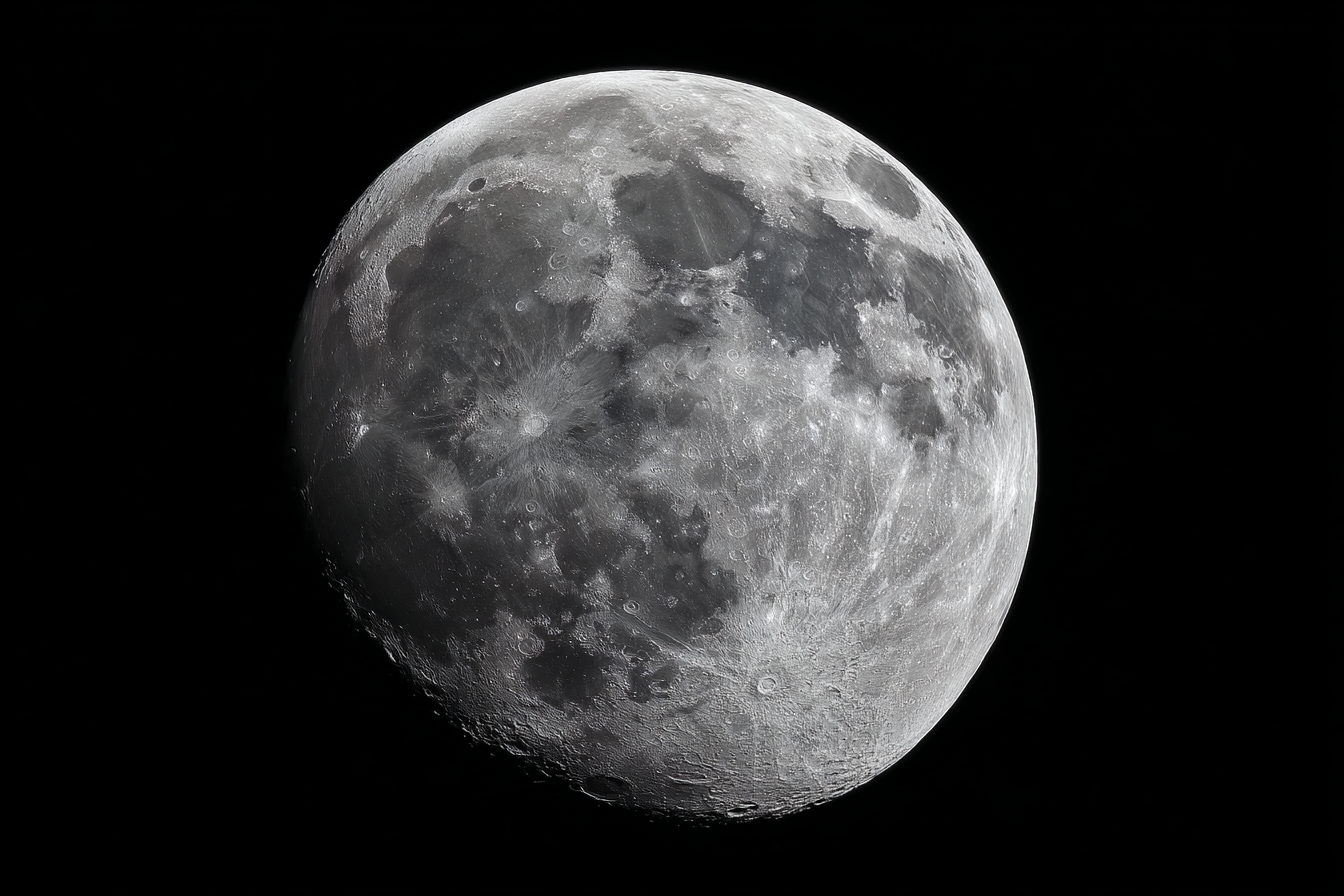21 Ignorance Quotes That Pull No Punches

Ignorance quotes shed light on the dangers of lacking knowledge, awareness, or understanding. They emphasize the value of learning, open-mindedness, and critical thinking.
These quotes encourage personal growth, challenge assumptions, and remind us that true wisdom comes from seeking truth, asking questions, and embracing the journey of lifelong learning.
Nothing in all the world is more dangerous than sincere ignorance and conscientious stupidity.
Martin Luther King Jr.
King warns that ignorance paired with conviction can lead to harmful consequences, especially when it fuels actions without understanding.
Real knowledge is to know the extent of one’s ignorance.
Confucius
Confucius reminds us that humility is key to wisdom, and acknowledging what we don’t know is the first step toward true learning.
The greatest enemy of knowledge is not ignorance, it is the illusion of knowledge.
Stephen Hawking
Hawking points out that pretending to know is more dangerous than not knowing, because it shuts down curiosity and growth.
Ignorance is the night of the mind, but a night without moon and star.
Confucius
With poetic imagery, Confucius describes ignorance as a kind of total darkness, void of guidance, clarity, or insight.
Being ignorant is not so much a shame, as being unwilling to learn.
Benjamin Franklin
Franklin distinguishes between a lack of knowledge and a refusal to grow, emphasizing that stubbornness is a greater flaw than ignorance itself.
A wise man makes his own decisions; an ignorant man follows public opinion.
Chinese Proverb
This proverb highlights how wisdom comes from independent thought, while ignorance often leads to blindly following the crowd.
The only good is knowledge and the only evil is ignorance.
Socrates
Socrates frames ignorance as the root of all harm, suggesting that knowledge is not just power but a moral necessity.
Where ignorance is our master, there is no possibility of real peace.
Dalai Lama
The Dalai Lama warns that ignorance leads to misunderstanding, conflict, and division, making it incompatible with lasting peace.
Ignorance is always afraid of change.
Jawaharlal Nehru
Nehru observes that ignorance clings to the familiar, resisting progress and transformation out of fear or confusion.
The doorstep to the temple of wisdom is a knowledge of our own ignorance.
Charles Spurgeon
Spurgeon illustrates that true understanding begins with the realization that we do not—and cannot—know everything.
To be ignorant of one’s ignorance is the malady of the ignorant.
Amos Bronson Alcott
Alcott warns that the most dangerous kind of ignorance is the kind that doesn’t even recognize itself as lacking.
Nothing is more terrible than to see ignorance in action.
Johann Wolfgang von Goethe
Goethe describes the destructive nature of uninformed behavior, where action without understanding can cause great harm.
Ignorance is not innocence but sin.
Robert Browning
Browning takes a firm stance, suggesting that willful ignorance, especially when it causes harm, carries moral responsibility.
All you need in this life is ignorance and confidence, and then success is sure.
Mark Twain
Twain sarcastically critiques the way society sometimes rewards those who act boldly without knowledge, calling attention to the absurdity of that dynamic.
Prejudice is the child of ignorance.
William Hazlitt
Hazlitt shows how ignorance breeds division and unfair judgment, making learning a powerful tool against bigotry.
If ignorance is bliss, there should be more happy people.
Victor Cousin
Cousin delivers a sharp critique of the saying “ignorance is bliss,” pointing out that lack of awareness rarely brings true contentment.
Education is a better safeguard of liberty than a standing army.
Edward Everett
Everett elevates knowledge as the strongest protection against oppression, showing that ignorance leaves people vulnerable to control.
The truest characters of ignorance are vanity and pride and arrogance.
Samuel Butler
Butler identifies traits that often accompany ignorance, showing how it tends to inflate ego rather than promote humility or openness.
Ignorance, the root and stem of all evil.
Plato
Plato bluntly identifies ignorance as the foundation of all wrongdoing, placing intellectual growth at the center of ethical living.
It’s easier to fool people than to convince them that they have been fooled.
Mark Twain
Twain highlights how ignorance often clings to itself, making it difficult to admit error or accept new truth once belief is settled.
There is nothing more frightful than ignorance in action.
Johann Wolfgang von Goethe
Goethe repeats a powerful warning that action without understanding is not just misguided—it’s deeply dangerous when left unchecked.








